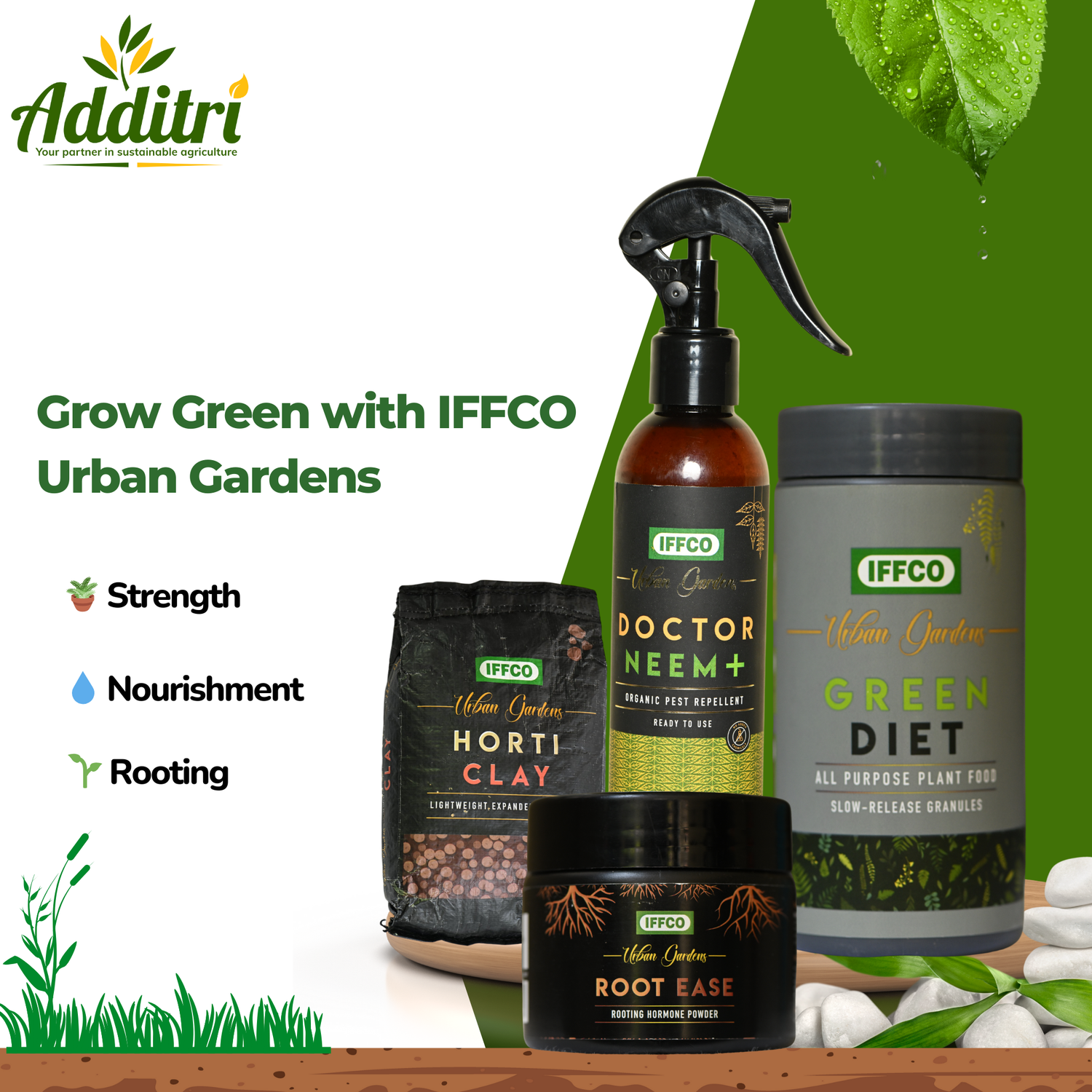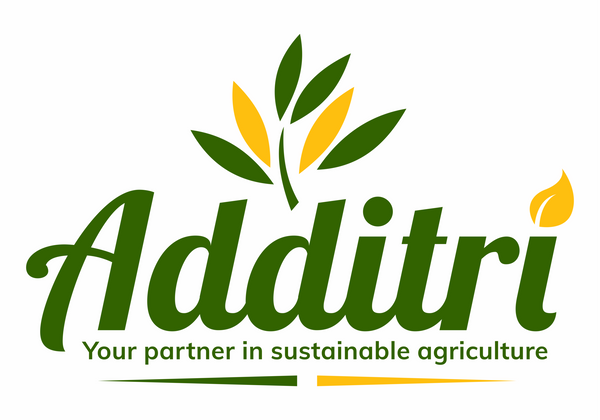
Best Sustainable Farming Practices to Boost Your Yield
Share
Introduction
Sustainability in farming is essential for long-term productivity and environmental conservation. Adopting eco-friendly farming methods can help farmers grow healthier crops while preserving soil, water, and biodiversity.
Top Sustainable Farming Practices
🌿 1. Organic Fertilization
Using natural fertilizers like compost, cow dung, and bio-fertilizers improves soil health and reduces chemical dependency.
💧 2. Water Conservation Techniques
- Drip Irrigation: Delivers water directly to plant roots, reducing wastage.
- Rainwater Harvesting: Collects and stores water for irrigation.
🌱 3. Crop Rotation & Companion Planting
- Crop Rotation: Growing different crops in each season prevents soil depletion.
- Companion Planting: Planting compatible crops together enhances growth.
🐞 4. Integrated Pest Management (IPM)
Using natural predators (like ladybugs for aphids), organic pesticides, and crop diversity can help control pests without harmful chemicals.
Why Sustainable Farming Matters
✔ Improves soil fertility for long-term yield.
✔ Reduces dependency on chemical fertilizers & pesticides.
✔ Prevents soil erosion and conserves water.
✔ Ensures higher profits through organic farming.
Conclusion
Sustainable farming is the future of agriculture. By adopting these eco-friendly practices, farmers can grow healthier crops, save costs, and protect the environment.
🔗 Looking for organic fertilizers and eco-friendly farming products? Check out Additri Agrotech!

